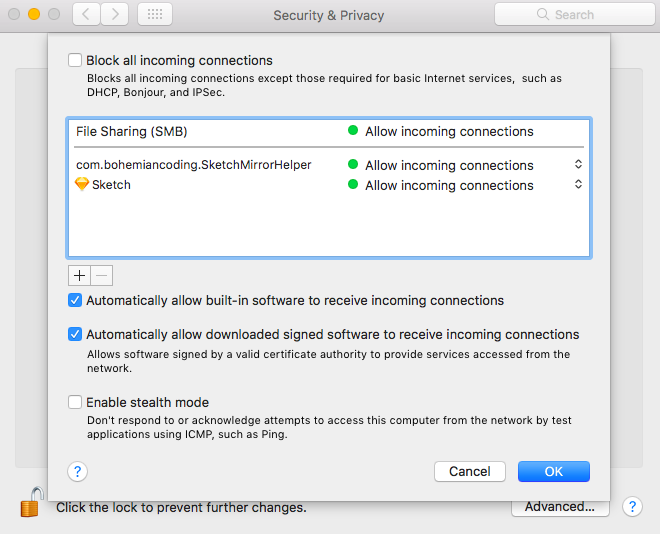

#Remove advanced network care serial#
If there is uncertainty, consider a time-limited trial of medication continuation or discontinuation, with serial reassessment of target cognitive or behavioral indicators.These medications may be viewed as prolonging a poor quality of life and/or the process of dying. Due to the advanced status of many dementia patients entering hospice or being seen by palliative care programs, it’s reasonable to recommend stopping ChEIs and memantine, as the evidence for their benefit is marginal at best. Be prepared to make a clear recommendation based on best available evidence. life prolongation and/or symptom relief), carefully weighing the expected benefits and burdens (see reference 7 for specific guidance on medication appropriateness late in life). Use a shared decision-making model with patients/surrogates guided by the goals of care (e.g.Side Effects: dizziness, headache, constipation, somnolence, weight gain Cost: $366/month at 10mg twice daily (5). Again, the clinical significance for patients is debated. Evidence: Studies suggest a modest beneficial effect with decreased cognitive and functional decline in patients with moderate to severe dementia (6). N-methyl-D-aspartate (NMDA) receptor antagonist: memantine. Side Effects: diarrhea, nausea, anorexia, insomnia, bradycardia.Ģ. One study suggested a potential precipitous cognitive decline if ChEIs are stopped suddenly (4). Some studies have suggested ChEIs have a role in controlling behavior problems (2) and lessening opioid related somnolence (3).

Few studies have looked at efficacy in moderate to severe dementia, which limits the applicability of ChEIs to patients who qualify for hospice based on dementia. Evidence: A systematic review indicated that ChEIs lead to cognitive, functional, and global benefits in mild to moderate dementia which wane at about one year after initiation and are of relatively unclear clinical significance (1). Indication: mild to moderate dementia-usually started as first line agents. This Fast Fact will suggest guidelines for continued use or discontinuation in the hospice/palliative care setting.ġ. Palliative care professionals are frequently asked about the continued role of these drugs in the face of a limited prognosis. No studies have specifically addressed when or if these drugs should be stopped as cognition and function decline in serious illness. Background: In recent years, medications have been marketed to delay the progression of dementia.


 0 kommentar(er)
0 kommentar(er)
